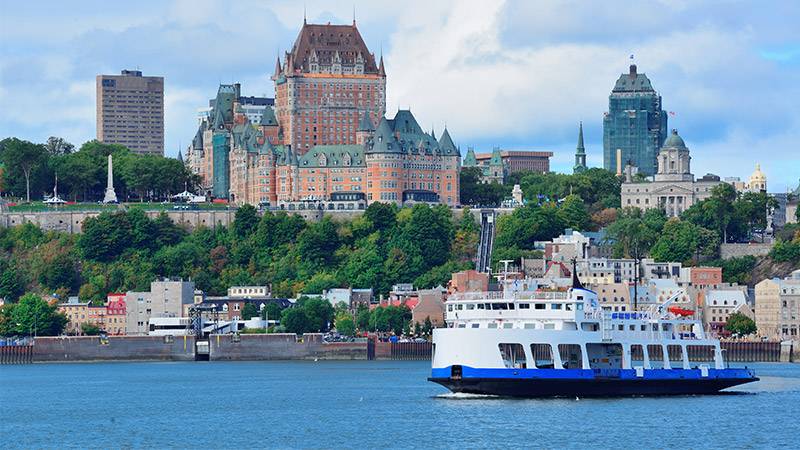In a push towards greener transportation, Washington State Ferries (WSF) has awarded a contract worth roughly $150 million to shipbuilder Vigor for the conversion of three of its largest ferries to hybrid-electric power. This move is in line with the agency’s ambition to reduce greenhouse gas emissions and shift away from diesel dependence.
Starting in September, Vigor will commence its work on the Wenatchee ferry, a Jumbo Mark II vessel with a carrying capacity of 202 vehicles. This ferry, currently operating on the Seattle-Bainbridge route, is set to resume its service by next summer. Following this, the Tacoma will undergo its conversion in 2024. There’s an optional extension in the contract for the third vessel, the Puyallup, potentially slated for 2025.
Matt von Ruden, who helms the system electrification program, highlighted that their focus is on the Jumbo Mark IIs. These ferries are responsible for a significant 26% of the fleet’s greenhouse gas emissions. With terminal electrifications slated for 2026, WSF projects a drastic 95% reduction in emissions from these three vessels.
In terms of finance, Vigor’s bid surpassed the state engineer’s estimate by 40%, clocking in at just over $150 million. In comparison, Everett Ship Repair, the competing firm, tabled a $166 million bid. As per the specifics of the contract, the initial allocation of approximately $100 million covers the conversion of two vessels. However, there’s an option to convert the third in 2025 for an earmarked $50 million.
“We’re tackling the biggest emitters in our fleet first, the Jumbo Mark IIs, which contribute 26% of our ferries’ greenhouse gas emissions,” said Matt von Ruden, system electrification program administrator. “When our terminals are electrified in 2026, we expect emissions from these three vessels to drop by roughly 95%.”
Additional responsibilities for Vigor include updating the propulsion control systems in each ferry. Current equipment has been plagued by failures, with replacement parts becoming increasingly scarce. According to the Washington State Standard, this move promises increased reliability, ensuring that the Jumbo Mark IIs remain operational for the foreseeable future.
Initially, WSF had plans to encompass all three vessels under a single contract. However, higher-than-expected bids led to a recalibration, with WSF opting for two vessels and leaving the third as an option.
This transition to hybrid-electric power forms a cornerstone of WSF’s strategy to curtail emissions. Future endeavors include retrofitting more ferries, constructing new hybrid vessels, and introducing charging stations at terminals. Already, a whopping $1.33 billion has been allocated for the development of five hybrid electric Olympic Class vessels and the conversion of four additional boats.
More inspiring green news similar to this:


